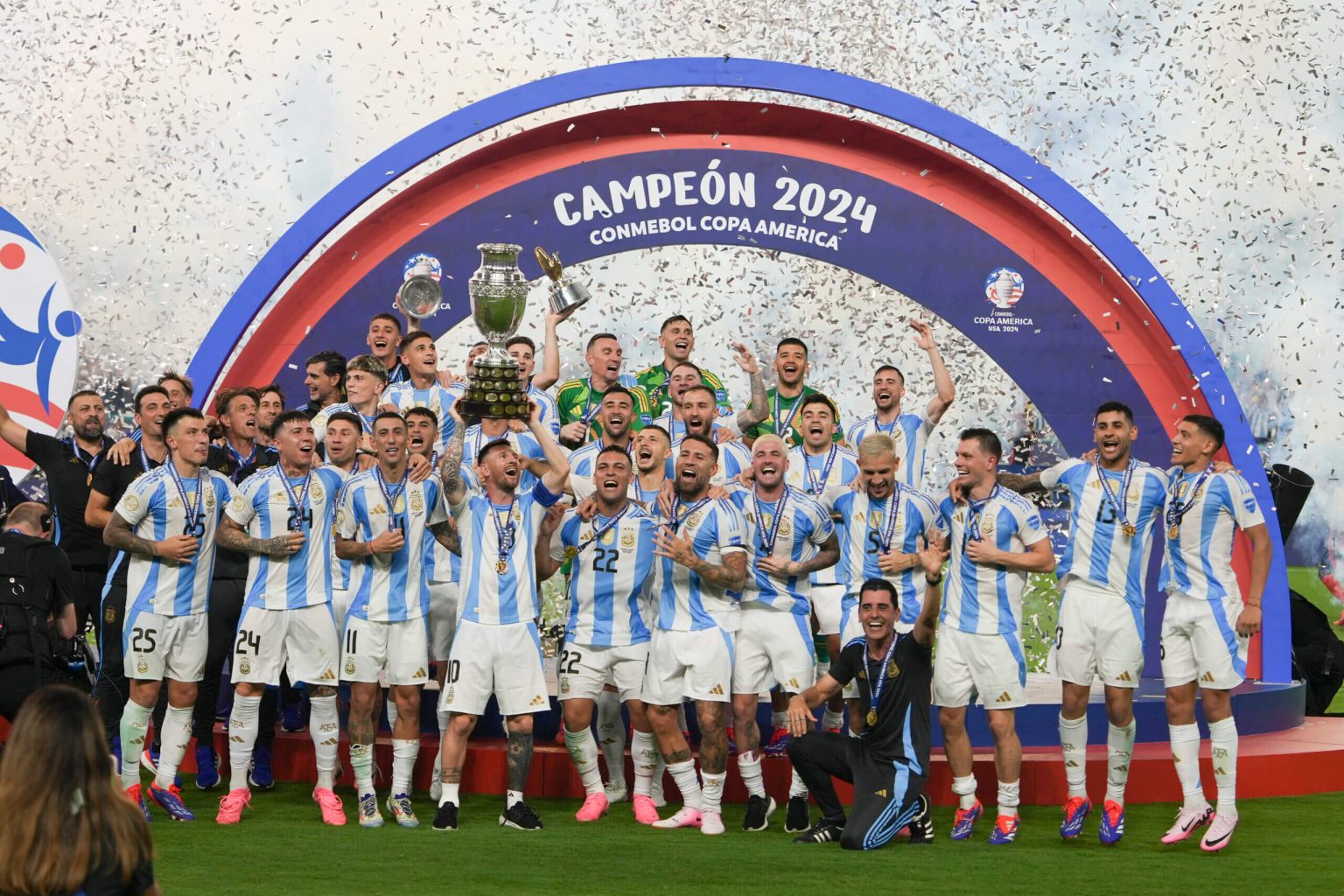A video has surfaced showing Argentinian footballer, Enzo Fernandez, and other players singing a racist song about France following Argentina’s victory in the Copa America final. The chant, “They play for France, but their parents are from Angola. Their mother is from Cameroon, while their father is from Nigeria. But their passport says French,” has been tied to a far-right ideology and was flagged by French anti-racist protestors in 2022. It was disappointing from a PR perspective that Argentina nor its players distanced themselves from the song and chose to incorporate it into their victory celebration.
Moreover, the song also featured transphobic lyrics, with derogatory references to French players being “cometravas,” a term which roughly translates to someone who has sex with transgender people. This is particularly concerning given recent strides in making football more inclusive for the LGBTQ+ community. However, transgressions such as this one can harm the effort to make football more welcoming.
In the aftermath of the video’s surfacing, Enzo Fernandez issued an insincere apology, claiming that the song did not reflect his beliefs or character. Chelsea, for their part, reacted responsibly by putting out a statement outlining their position and values, and adding that they’ve begun an internal disciplinary process. But the responses by other members of the football community has been pale in comparison, with a few token condemnations of the incident.
Condemnations came primarily from black players, highlighting an unfortunate trend where black players are often left to carry the emotional burden of dealing with racist incidents, whereas white players remain silent. This perpetuates the notion that racism is solely a black issue, and whites are not required to play a role in its eradication. A strong symbol would be if a white player were to step up and publicly denounce these actions.
At the time of writing, other clubs whose players were in the video have not commented on the incident. This lack of action illustrates an issue in football. On one hand, clubs may be unsure of players’ identities in the video, or they may be hoping the issue goes away. On the other hand, failing to address incidents of racism can allow such behaviour to persist.
Chelsea is the only club to have addressed the incident, but this should not earn them extra credit, as dealing with such incidents is expected of all clubs. The silence by major clubs and figures in football despite numerous campaigns against racism throws into question the sincerity of the game’s commitment to combating racism, showing more needs to be done to tackle racial discrimination in football.


